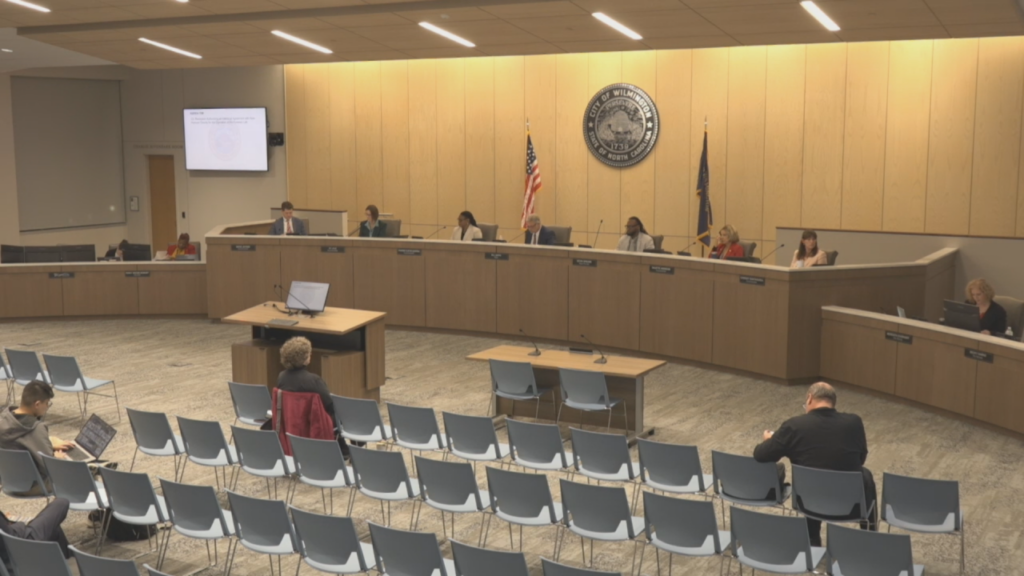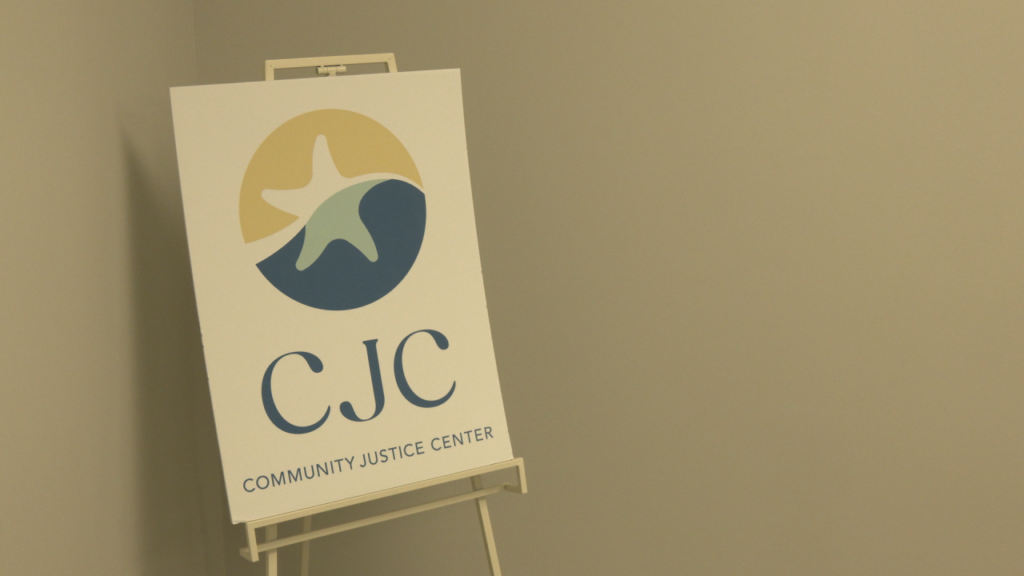Wilmington woman using her recovery to help others as eating disorder diagnoses increase during pandemic
A study found that newly diagnosed cases of typical and atypical anorexia nervosa per month nearly doubled during the first wave of the pandemic.
WILMINGTON, NC (WWAY) — Since the pandemic began, there have been countless studies about how the pandemic has impacted stress, anxiety, and depression, but now a new study shows there’s also been an uptick in eating disorders through the pandemic.
A study from the Journal of the American Medical Association found that newly diagnosed cases of typical and atypical anorexia nervosa per month nearly doubled in Canada during the first wave of the pandemic.
In Wilmington, Director of Nutrition at the Chrysalis Center for Counseling and Eating Disorder Treatment Terri Mozingo says their caseload has increased by about 60-percent and they are still seeing new intakes. Mozingo says it can be partially credited to depression and anxiety worsening through the pandemic, as well as isolation.
“It’s not just about eating because it involves a lot of other co-morbid issues like anxiety or depression. They need to learn new ways to cope with all the things that are going on in their lives,” Mozingo said. “Nutrition is one aspect. We have to get them nourished so that they’re able to go on and do that mental health component.”
The journey to recovery is a journey that can’t be faced alone. Mozingo says seeking professional treatment is an essential part of recovery.
For one woman, community and accountability were also important pieces of her puzzle outside of therapy. Kathryn Benko struggled with disordered eating and over-exercising for over three years.
“Once you see numerical results and you get praised from the public about looking thin or losing weight, then you think being thin equates to worth and you just keep trying to strive for a thinner body,” Benko said.
Benko had just graduated college and started a new job in Dallas, Texas. Dealing with new kinds of stress and anxiety, she coped by exercising and became obsessed with it. After struggling for years, she sought a therapist. Eventually, she was ready for a change and moved to Wilmington. She started taking workout classes to make friends.
“As I would share my story with people, especially women, a lot of women, most women would say, I struggle with body image too or I’ve dealt with that too,” Benko said.
Reclaiming something that she once abused, she decided to create a safe space for women to work out called Sole Fitness.
“Oftentimes the language that’s used in those gyms is very much like you work out to lose weight and I wanted to change that narrative,” Benko said. “I wanted a group workout environment for women to feel unashamed, not alone, seen, heard, and hear a different language as they exercised. You’re strong, you don’t work out to be skinny, you are powerful, we’re not burning calories to punish ourselves, we’re having fun.”
Now, she’s created a community of accountability and acceptance by helping women learn to love and strengthen their bodies and live shamelessly.
“What I would encourage women to do is if you are struggling with body image, eating disorders, or over-exercising of any kind is just to tell someone that you’re going through this, someone that you trust and love, and know that no matter what you say they’re going to accept and love you back,” Benko said.
If you or someone you know is struggling with an eating disorder, call or text the National Eating Disorder Association hotline at (800) 931-2237 or visit the website.




